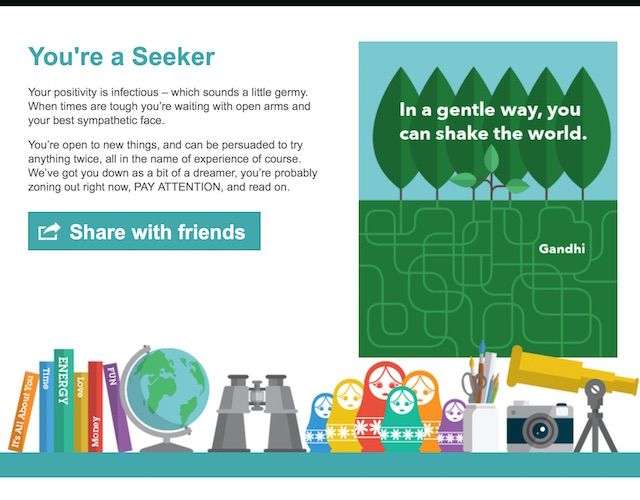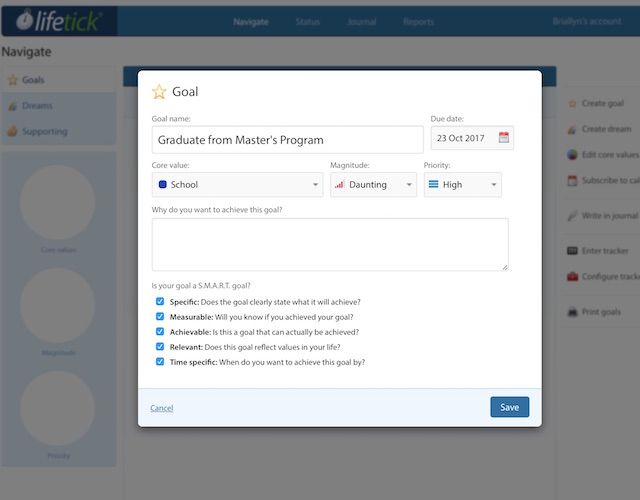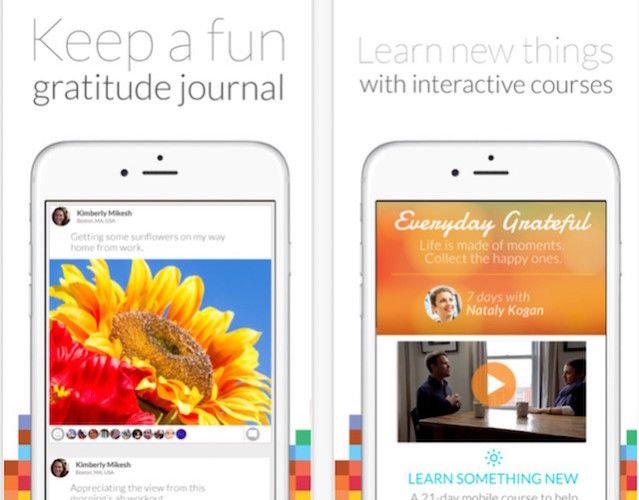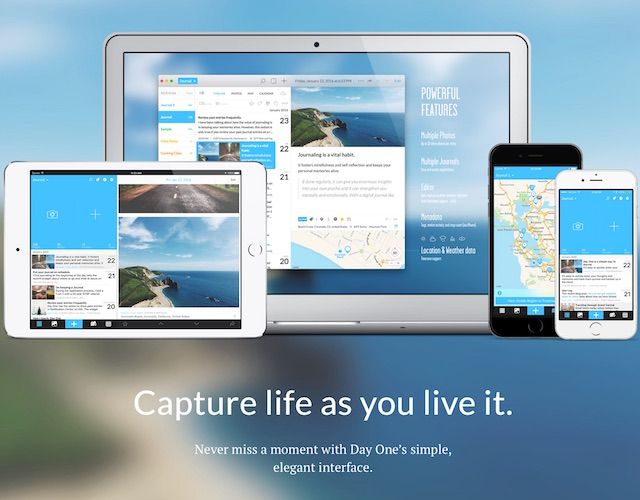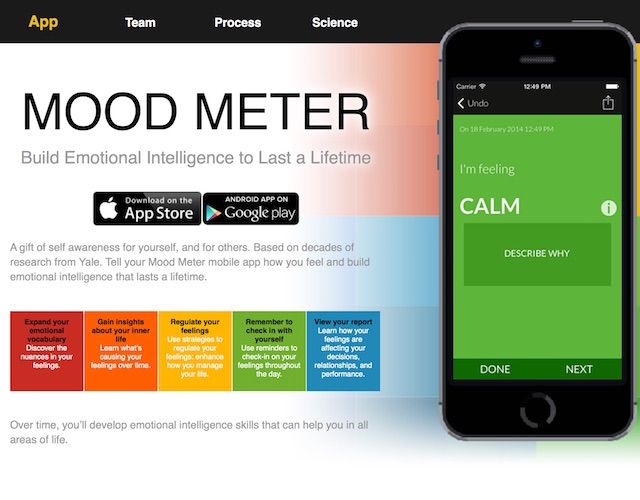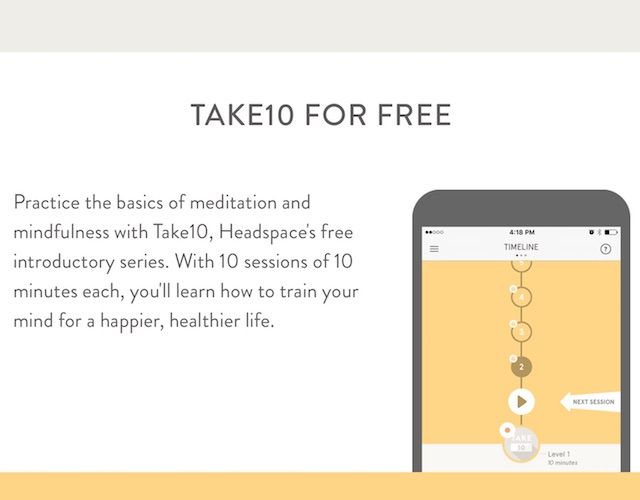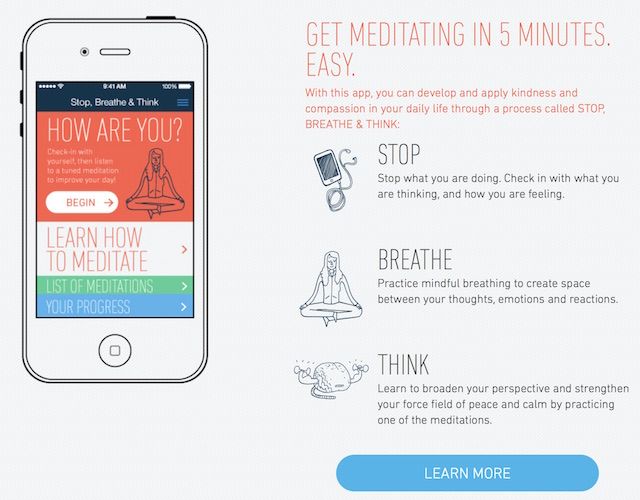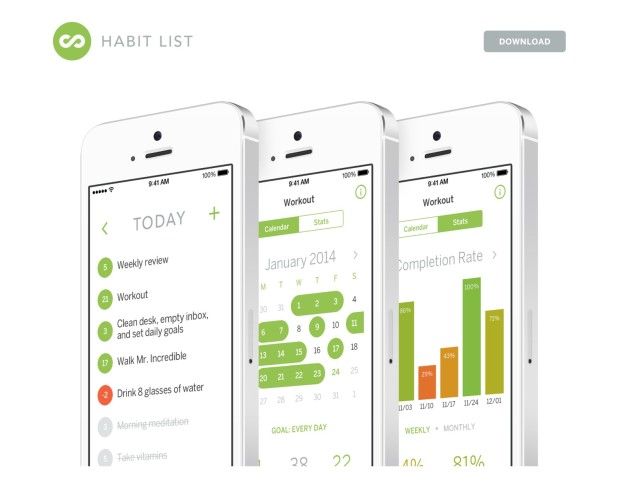When it comes to improving your day-to-day life, it can be difficult to know where to begin!
The process of self-improvement needs to start with a look at our daily habits, our existing strengths, and our potential areas of improvement. These components combine to allow us a deeper understanding of who we are as individuals.
Understanding these realities about ourselves is known as self-awareness and it is the key to unlocking our potential and achieving our goals.
In this article you'll find an introduction to self-awareness and its benefits, as well as some convenient videos, websites. We will talk about apps that may be helpful for identifying qualities of your life that you'd like to develop, using those apps to create goals to help you develop them, and ways to track your progress.
What is Self-Awareness?
Self-awareness is a concept that has been a mainstay of psychology, philosophy, and many religions for thousands of years. The goal of self-awareness is to have a complete understanding of everything that makes you who you are – your dreams, your ambitions, your strengths, your areas of weakness, your values, your habits, and your personality.
Achieving self-awareness is an on-going process that requires focus and some hard work. It's easy to go through life without ever really considering what it is that inspires you, the areas of life you might want to improve, or what tactics work best to inspire you.
Why is Self-Awareness Important?
Self-awareness is important because being aware of your goals, your strengths, and the areas of your life you'd like to develop is the only way that you can choose to make conscious improvements.
Sometimes, we get lucky and are able to improve ourselves incidentally, or through external feedback about our lives. However, it's much more valuable when you are able to achieve that kind of insight into your own behavior patterns and can choose a direction for your life that is true to who you are.
How do You Test Your Self-Awareness for Blind Spots?
The problem with self-awareness is that it isn't an automatic part of being human – it's a process that takes effort and time to implement and maintain in your life.
As a quick-test of your self-awareness, consider the following questions:
- What in your life makes you happy?
- What areas of your life do you value the most?
- What are your areas of weakness?
- What motivates you to succeed?
- What does success look like to you?
- What are you good at?
- What are your long-term goals?
- How do you relate to others?
Even if you have a quick answer to each of the questions above (I'm jealous if you do!) an important follow-up question to ask is:
Are you right now, living your life in a way that is enabling you to work towards your dreams, improve your areas of weakness, and curate contentment in your everyday life?
If you find yourself struggling with the answer to that question, or any of my other quick questions above, consider taking some time to do this self-reflection. This can be done by taking an afternoon to yourself to set goals for the year, the next five years, and the next twenty years. You can also sit down with a trusted friend and ask them for constructive input on your personality and life direction, or use of tools designed to guide you through this process.
3 Excellent Tools for Self-Reflection
Strategies used by people who want to become more self-aware include mindfulness strategies, guided decision making, planning sessions, journalling, meditation, and more.
Maybe you're more into spreadsheets than meditation – that's okay! There is no right or wrong way to become self-aware, and what works for one person may not work for another!
1. Visual DNA Personality Quiz
Visual DNA offers you a fun and low-pressure opportunities to find some insight into your personality through easy questions that are answered by selecting a photo that best represents how you feel. It definitely isn't the most scientific of personality tests, but it does provide you with an option to think about aspects of your life that you may otherwise not consider.
The fun analysis can offer food for thought that you can then build off of with other exercises.
2. Udemy's Art of Developing Self-Awareness
This course is offered online, for free, and includes over 60 minutes of lectures that help you to apply self-awareness principles to your life. The course offers units that help you to reflect on who you are as an individual, learn about what motivates you, acknowledge your negative traits, look beyond your comfort zone, and better understand your personality type.
If you want a structured introduction to self-awareness that gives you a road map to follow, this course is probably one of your best bets!
3. The Eulogy Exercise
It seems a little grisly at first, but the Eulogy exercise (explained in full in the video above) essentially asks you to imagine the ideal eulogy that you'd like to have spoken at your funeral.
The idea behind this exercise is that it will help you to identify your big-picture goals and passions in life – which you then need to make sure that you are cultivating in the present!
What do you do once you've recognized your blind spots?
Know where to go.
Once you know where the areas you want to improve are, it's important to make plans for change! After all, simply being aware of an area of need doesn't help to make it any better!
When you're setting goals for your life be sure to consider not only the big picture goals, but also all the smaller goals that need to go into reaching your final checkpoint. These smaller goals are what will shape your daily habits in different phases of your life so that you can work towards your big picture goal with little steps.
Set goals and visualize how they fit into your bigger life plans.
Life Tick is a web app that allows you to set up large scale goals (divided into categories based on your core values), which are then broken down into short-term goals in a visually appealing way. Life Tick guides you through the goal-setting process to ensure that all of your goals are relevant to your core values. Breaking down your goals keeps them achievable and organized, provided you have a balanced number of goals in each area of your life.
You can access your goals from any device, share them with family and friends, track and chart your progress over time, and keep journal entries as you accomplish different tasks.
The free version of Life Tick allows you to set four goals.
How can you cultivate self-awareness?
Discover who you are.
Identifying your needs and setting goals for your future are both great steps towards self-awareness, but it's also important to maintain self-awareness throughout your everyday life in order to ensure that you're putting your plans into action on a daily, weekly, and monthly basis.
These apps and websites are all great tools to enable you to stay aware of the choices that you're making on a daily basis.
Journaling
The idea of journaling often brings to mind keeping a diary where you write about your deep dark secrets. However, when it comes to mindfulness, journaling is a lot simpler -- it just involves keeping track of what you did and how it made you feel. Some people may like to use a classic paper journal, other people may find a calendar or agenda more useful, and others might find it easiest to use their phone (after all, you almost always have it with you!)
Happier is a free app available for iOS and Android (with in-app purchases available) that allows you to keep a daily happiness journal. Happiness is an important aspect of your life to cultivate, and this app definitely helps you to be aware of the good things that already exist in your life.
App notifications remind you to "check in" a few times a day to note how you are feeling, and what made you feel that way. The app also allows you to connect with other users, and access courses and meditation sequences.
If you are looking for a more elaborate journaling app that gives you some more flexibility with the format you use and the information you include, you may be more interested in a program like Day One (for iOS and Mac devices) or Journey (for Android or Chrome).
Both of these apps are designed for beautiful and detailed journal entries involving photographs, locations, text, and sharing between platforms and/or devices.
If journaling feels a little overwhelming to you right now, you may do better with an app like Mood Meter (iOS and Android) that helps you to quickly note how you are doing throughout the day, tracks trends in your emotions, and offers helpful suggestions to develop your emotional intelligence skills.
Meditation
Guided meditation can be an amazing strategy used to relax, refocus, and refresh your brain in the middle of the day or any time that you are feeling overwhelmed.
There are a number of excellent YouTube channels dedicated to guided meditation. The Honest Guys have videos lasting from a few minutes to almost an hour offering meditations on success, sleep, healing, body scanning and more. It may take some effort to find a channel that fits best with your needs, but finding one that "clicks" for you can be worth the trial and error it takes to get there!
Many people find that meditation apps are a great option for making time to meditate throughout the day. Headspace (iOS and Android) is one such app, and offers ten free ten-minute meditation sessions that increase in intensity as you learn more about meditating. This approach can be great for individuals who have never meditated before, and Headspace also offers other, longer, sessions for in-app purchase.
Another popular meditation app is Stop, Breathe, & Think (available for iOS, Android, and online). This app has an effective, simple interface that reminds users to take a moment to pause in their everyday life and check in with themselves about their emotions and thoughts (Stop). Next, users are encouraged to use mindful breathing techniques to calm their body and mind (Breathe). Finally, users complete a short guided meditation to help them recapture peace and calm (Think).
Goal Tracking
It can be easy to let goals slip by the wayside in the midst of a busy life – so having goal tracking apps installed on your phone or tablet can be a game changer as they remind you of your commitments and keep you motivated!
Habit List (available for iOS) uses clean graphics and a simple interface to guide you towards new good habits and break existing negative patterns in your life. Habit List shows you which goals are "due" on each day, shows you how close you are to completing your daily goals list, and keeps track of your streaks whenever you are able to meet your goals for a series of days in a row. You are also able to view trends in your adherence to goals over time.
IRUNURUN [Broken URL Removed] is a free web app dedicated to helping individuals stay accountable to their goals. Users can set up to seven key actions that they want to accomplish each week, and set a percentage that each action is worth. Over the course of the week, users update their progress on each action, and can see their weekly "score" approach a perfect total of 100% completion. IRUNURUN can also be purchased for group use, where people working together on a cause can encourage each other to complete tasks.
How Do You Implement Self-Awareness in Your Daily Life?
It can be hard to know how to start implementing self-improvement in your day-to-day life.
However, if you start to develop your self-awareness, identify areas you'd like to improve in, and put a plan in place to achieve those goals, you may find yourself moving towards your ideal faster than you think!
Do you practice self-awareness? I'd love to hear about the self-awareness strategies that you use regularly in the comments!
Image Credit: Young woman by Boris Ryaposov via Shutterstock


